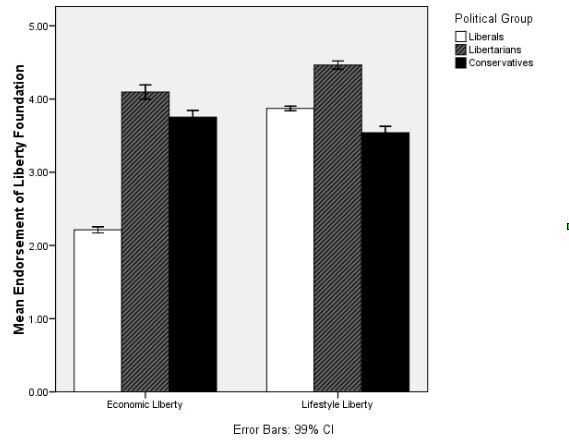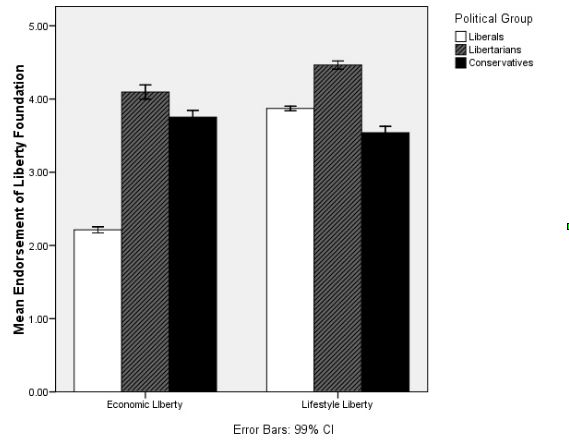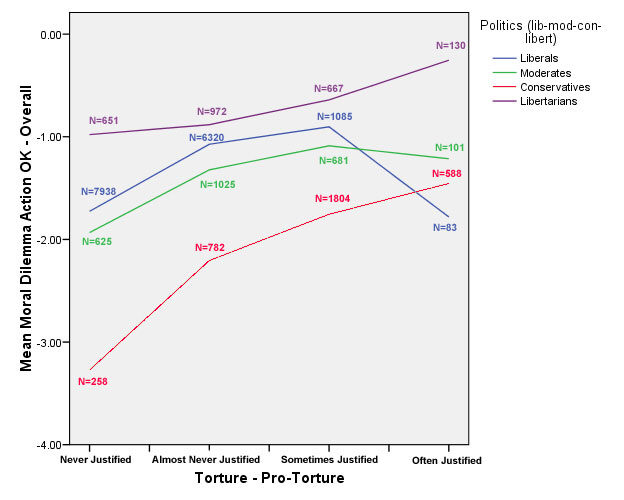Lessons from 25 Years Bridging Divides at the Public Conversations Project
CivilPolitics’ mission is to educate the public on evidence-based methods for improving inter-group dialogue, with evidence defined broadly to include academic studies, empirical studies of community interventions, and also the practical wisdom learned by organizations that are bringing people together in the community. As part of this last area of evidence, we are asking our partners in the community to answer a set of semi-standardized questions designed to help us learn the common themes that run through successful community work. If you would like to have your organizations’ work profiled, please do contact us and/or fill out this form. This is the fifth post in the series detailing the experiences of Dave Joseph, who is a senior vice president for programs at the Public Conversations Project.
What is the the history of the Public Conversations Project?
Public Conversations Project is a 25-year-old, Boston-based nonprofit committed to helping people bridge divides of identity, core values and worldviews. Our approach, Reflective Structured Dialogue, has its basis in family systems therapy, narrative therapy and appreciative inquiry. Its founders began by attempting to figure out how to help people have constructive, respectful conversations about the issue of abortion.
It is designed to build trust, deepen relationships and provide the foundation for collaboration between people who see each other as opponents or enemies. We design and facilitate respectful conversations about complex and controversial subjects, so that people can speak from the heart, listen deeply and remain in community, while acknowledging their differences.
We have addressed differences of race, ethnicity, gender, class and sexual orientation; we have extensive work in intra-faith and interfaith conversations; we have designed and facilitated dialogues addressing issues of community, faith and science, child labor, the environment, sustainable development, immigration, post-conflict reconciliation and many others.
What specific programs do you work with? Briefly describe how you got to where you are.
We have worked with many organizational and community partners, collaborating to help them accomplish their goals. We have designed dialogue guides (written and video) on a range of subjects that are available for free download from our “Resources” webpage. We also co-sponsored the Boston Transpartisan conference recently (videos are available here).
We provide numerous workshops in Boston and other areas (detailed here). As well, we also design and facilitate meetings and conferences that have addressed such issues as guns; domestic violence / marriage promotion / responsible fatherhood; international development.
What has worked well in the programs/events that you have been involved with? From your experience, what advice would you give others?
- Having a clear purpose for the event is essential, so that participants understand what to expect and not to expect—and that their expectations are shared.
- Co-creation with participants of communication agreements that support the purpose of the event helps promote participant ownership and adherence to shared commitments.
- Structure that promotes inclusion of all voices and democratization of the opportunity to participate is helpful.
- Designing questions for participants that invite speaking from personal experience and sharing of personal stories that promote connection, curiosity and community.
- Engagement of participants to promote reflection and deeper understanding of their own views, as well as those of others.
- Preparation of participants to identify their hopes, concerns, past experience and invite their advice as to how to structure successful, respectful conversations.
What have you tried in your programs/events that has NOT worked well If someone else wanted to replicate your programs, what advice would you give them as far as things to avoid doing?
- Whenever possible, avoid activities for which proper participant preparation has not been done.
- Avoid responding to last-minute requests to step in and facilitate events that you have not been able to play a role in designing. If you don’t know people’s agendas, concerns and past experience, you’re likely to be in for unpleasant surprises.
Among the ideas listed on CivilPolitics’ website, based on psychological research, that have been suggested as ways to reduce intergroup divisions. Which of these ideas are reflected in the work you do? What might you add to these ideas?
Reducing the Perception of “Zero-Sum” competition, (any win for one side = a loss for the other side), Showing Examples of Positive Relationships , Reducing the Perceived Differences Between Groups, Affirming One’s Own Values to make people open to Others, Showing Examples of Cross-Group, Unexpected Agreement or Disagreement , Reducing Certainty of Individual Beliefs, Increasing Cross-Group Personal Connections through Fun, Meals, Talking, etc..
Please expand upon your use of the above ideas. How exactly have you operationalized these ideas? Which ideas have you tried and felt worked well? Which ideas have you tried and felt worked badly?
We highly value the practice of “”mapping”” / understanding the lay of the land beforehand in order to understand whether the situation is “”ripe”” for dialogue. 80% of our work is done before people ever come together, ideally through individual, oral conversations with participants or a written questionnaire to determine their hopes, concerns, expectations, past experiences, advice and how they can prepare themselves to get the most out of the experience. We also tend to work with a small planning group of the community/organization with and we are working, as they are the local/cultural experts. We see them as co-collaborators in designing an effective intervention. This builds participant commitment and ownership of the process, so they can be more likely to accomplish their purposes.
Communication agreements and structures that promote reflection (e.g. pause before speaking and between speakers) help reduce the likelihood of reactivity and conversations deteriorating into slogans, attacks and blaming.
From the above list, what other techniques and ideas would you add? How have you used these techniques in your work?
Our approach is derived from narrative therapy, appreciative inquiry and systems theory. We have also utilized techniques from internal family systems therapy, psychodrama, organizational development, anthropology and conflict transformation.
Where can others learn more about what you do?






